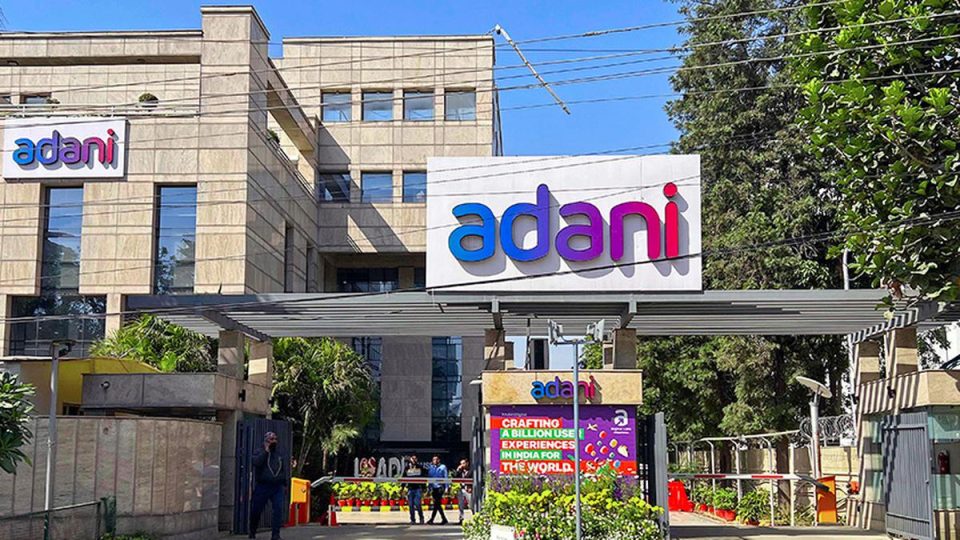The tiny island of Mauritius has spent years trying to clean up its image as a base for shady money launderers and shell companies. Short-seller allegations against billionaire Gautam Adani have reignited questions about the country’s role as a tax haven for Indian tycoons.
Hindenburg Research said in a report in late January that Adani’s shares, worth $153 billion, were on a downward spiral and that entities controlled by the tycoon’s brother Vinod or his associates were using Mauritius as a conduit for money laundering and stock price manipulation. While the report referred to a “massive maze” of shell companies stretching from the Caribbean to the United Arab Emirates, it pointed to offshore companies in Mauritius playing a pivotal role.
The US-based short-seller said 38 companies linked to Vinod are based in the tropical Indian Ocean Island off the east coast of Madagascar. Hindenburg alleges some of it was used to move funds from India, which were then used to buy shares in the group and drive up its share price at home. Five years before the bombshell report, Adani stock had enjoyed some of the wildest rallies, with flagship Adani Enterprises Ltd soaring nearly 2,600%, about 41 times the benchmark Nifty 50 index gain.
Staff at Vinod’s Dubai office recently sent a request for comment to the port energy group’s India headquarters. Representatives for Adani Group did not respond to a request for comment. In a 413-page rebuttal dated January 29, the group said Vinod had no role in the day-to-day affairs of the Adani Group. It told the offshore entities were public shareholders of Adani portfolio companies and “it would be incorrect to suggest that they are in any way related parties of the promoters”.
While it is not illegal to register a business in a low-tax jurisdiction like Mauritius, the allegations surrounding offshore shell companies seem to hark back to a time when the tourist haven has played a prominent role in many other Indian corporate controversies since the late 1990s. The biggest of these was between 1998 and 2001, when a broker drove up the prices of select stocks.
 Live
Live

